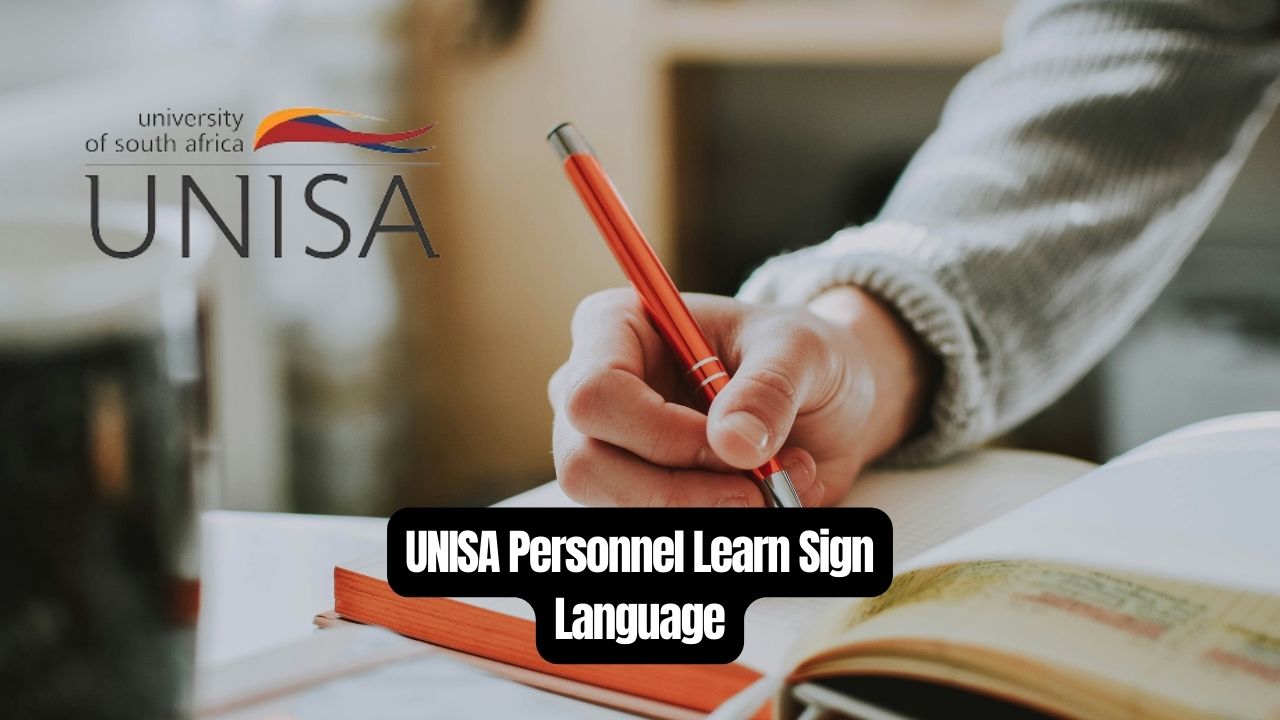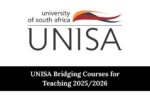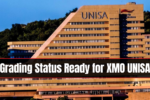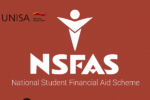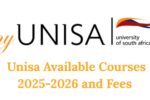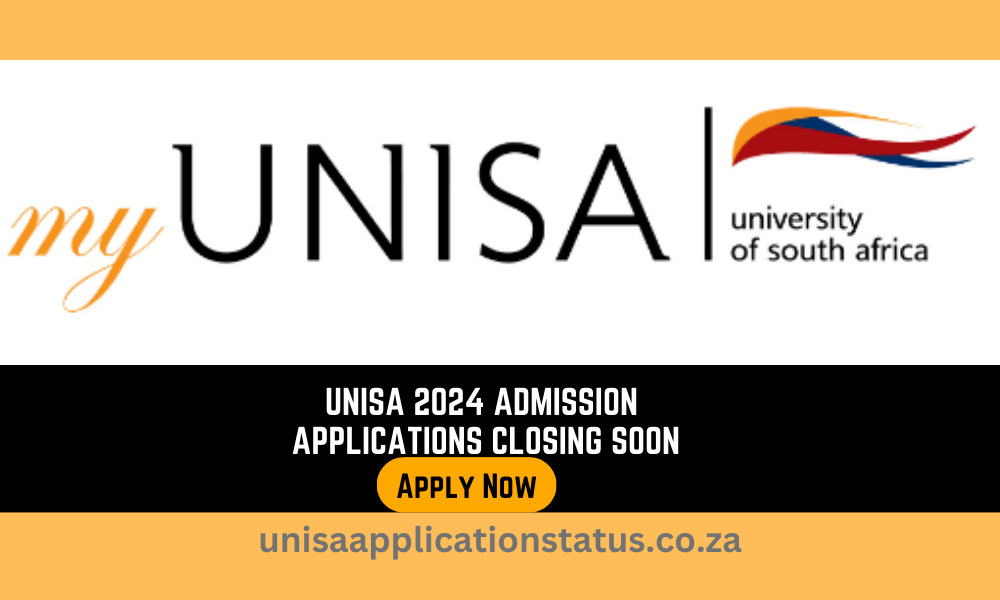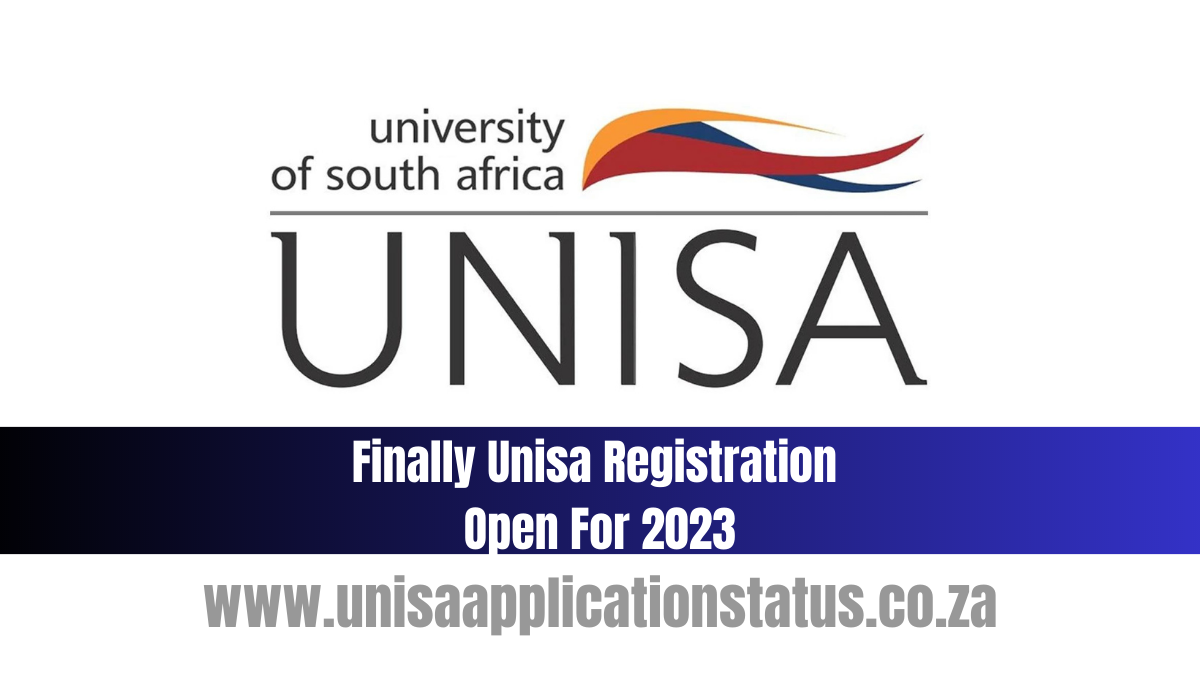UNISA Personnel Learn Sign Language. The University of South Africa (UNISA) is taking significant steps towards linguistic diversity. One such initiative involves equipping UNISA staff with South African Sign Language (SASL) skills.
Bridging Linguistic Gaps
UNISA recognizes the importance of linguistic inclusivity and is revising its language policy to embrace previously marginalized languages. In this endeavor, the university hosted a two-day sign language workshop aimed at enhancing communication between staff and students, irrespective of their linguistic abilities.
Empowering Staff Through Education
Led by the UNISA Library and Information Service (LIS) at the Muckleneuk campus, the workshop provided staff members with valuable insights into SASL. Dr. Khomotso Marumo, Director of LIS, emphasized the significance of empowering staff with additional language skills to better cater to the diverse needs of students.
Institutional Commitment To Linguistic Diversity
Dr. Napjadi Letsoalo, from the Department of Linguistics and Modern Languages of Human Sciences, highlighted UNISA’s commitment to linguistic diversity. By revising its language policy and prioritizing the development of marginalized languages, including SASL, UNISA aims to foster an inclusive environment conducive to learning for all.
Breaking Down Barriers
The inclusion of SASL in the university’s language repertoire signifies a significant step towards breaking down barriers faced by the deaf community. Prof. Mpho Ngoepe, Executive Director of LIS, emphasized the importance of capacitating staff members to serve the deaf community effectively, thereby contributing to broader societal transformation.
Understanding Sign Language Dynamics
Sign language encompasses various parameters, including hand shape, palm orientation, movement, location, and facial expressions. Ntombikayise Sukuza, a facilitator from Wits Language School, underscored the importance of facial expressions in conveying meaning in sign language, highlighting the nuances of communication within the deaf community.
Conclusion
The recent sign language workshop attended by UNISA personnel signifies a pivotal moment in the university journey towards linguistic inclusivity.
By equipping staff members with SASL skills, UNISA is not only fostering better communication within its community but also contributing to the broader societal goal of promoting diversity and inclusion. As the university continues to champion linguistic diversity, it paves the way for a more inclusive and accessible learning environment for all.

